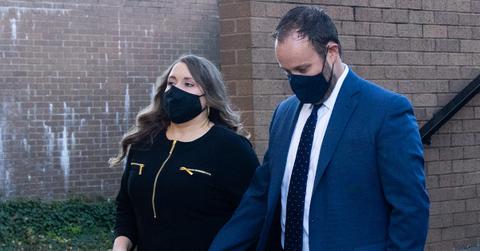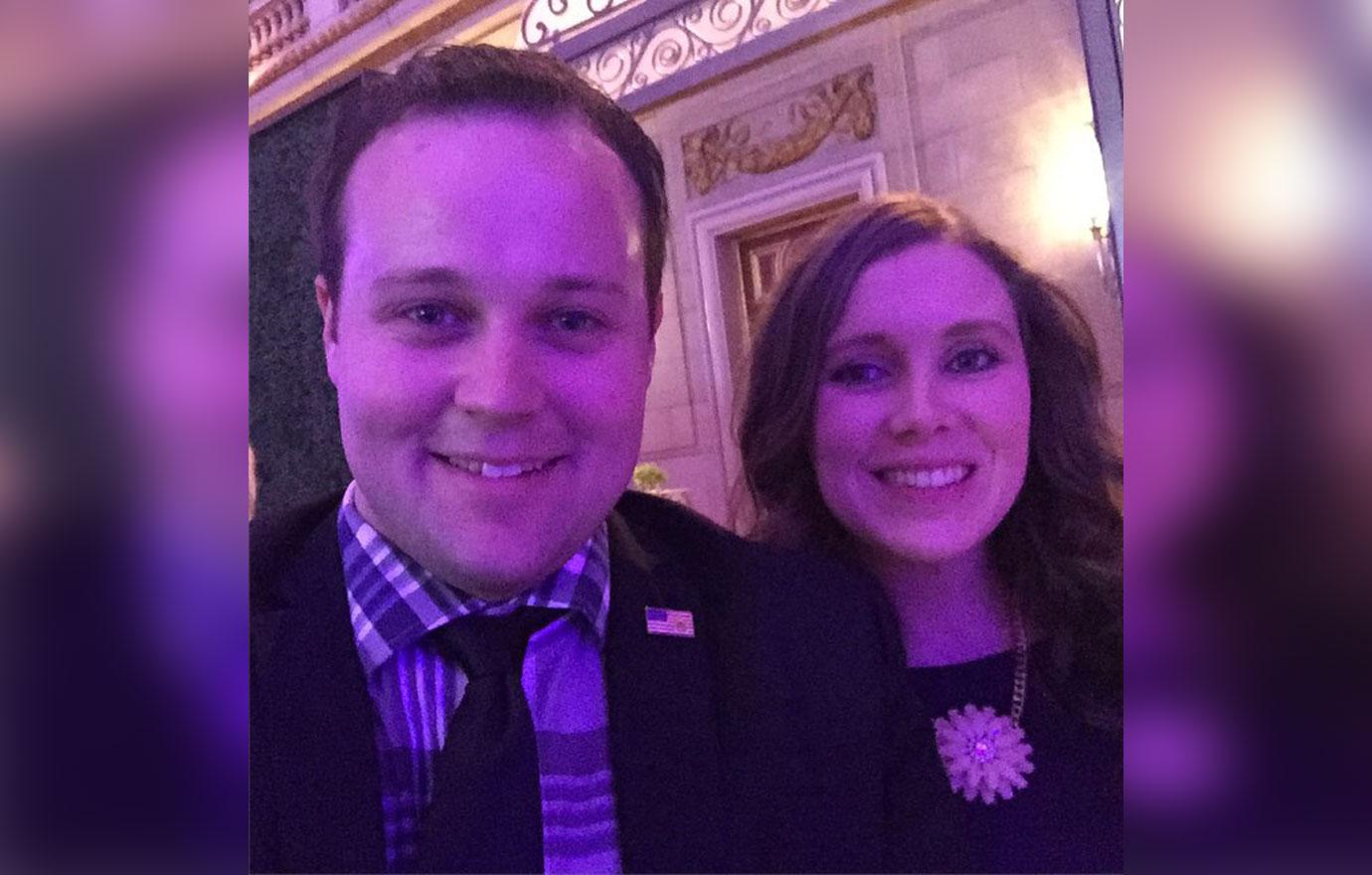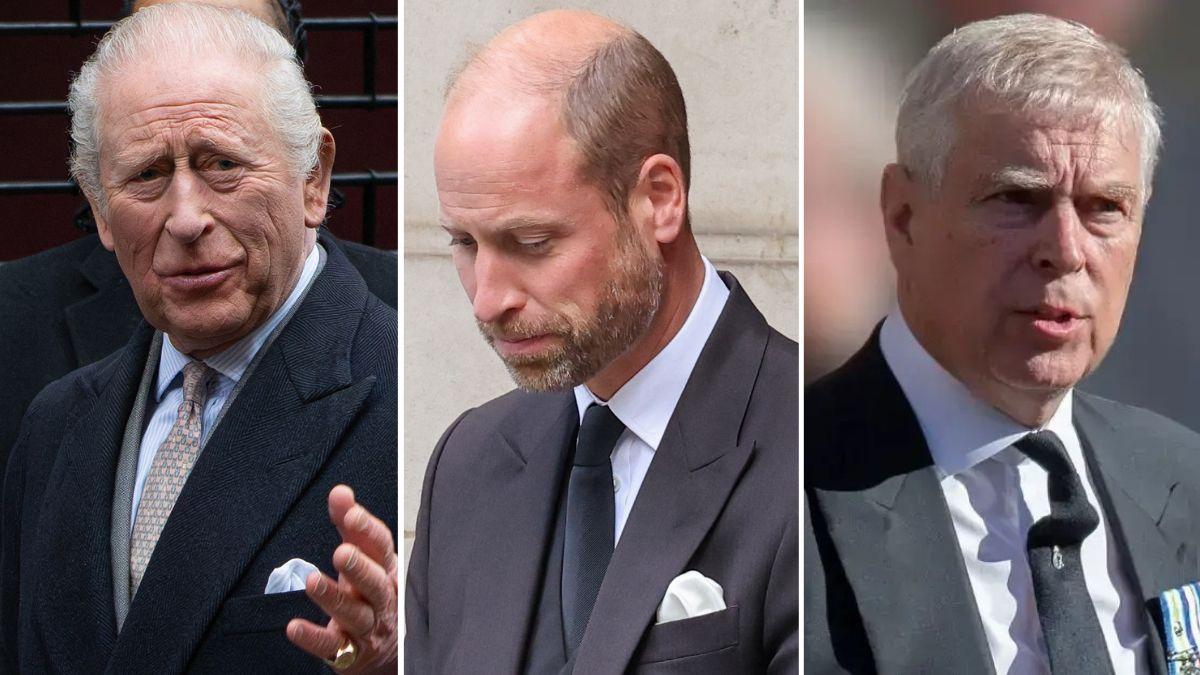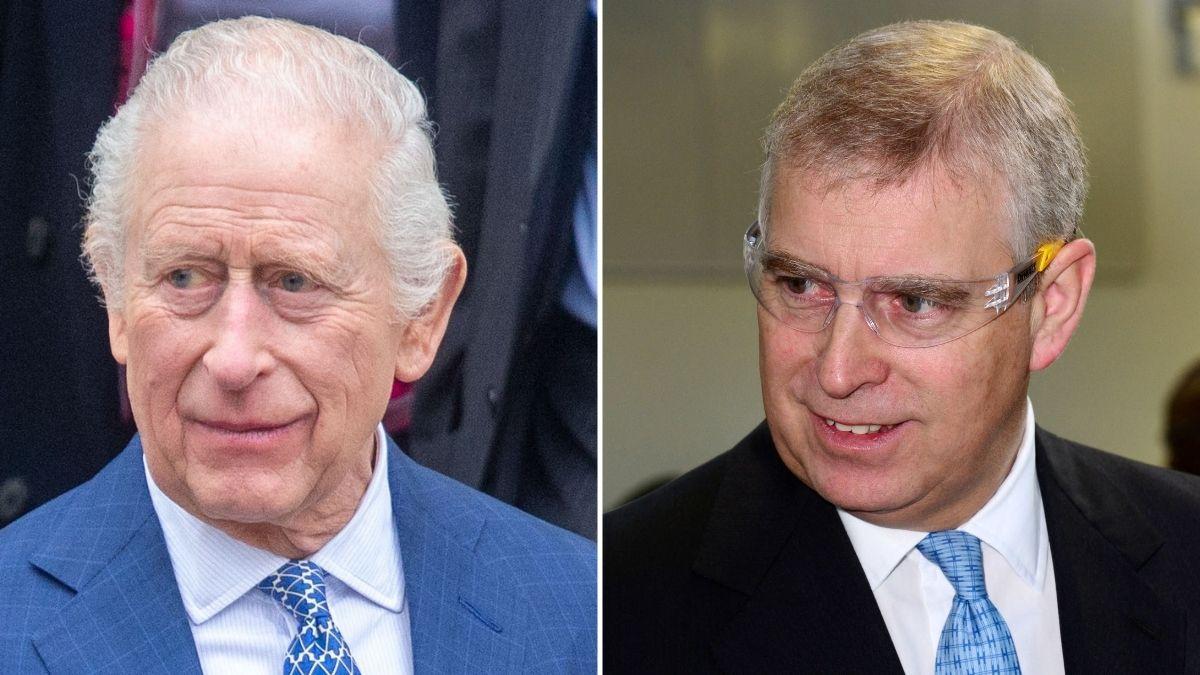Josh Duggar's Motion To Acquit Because Of 'Insufficient Evidence' Denied By Judge

Dec. 7 2021, Published 2:20 p.m. ET
Josh Duggar’s attorney filed a motion for acquittal on both federal charges against his client, but the motion was ultimately denied by the judge.
The federal trial against the former 19 Kids and Counting star picked back up yesterday morning, and after the prosecution rested their case for the day, Duggar’s lawyer Justin Gelfand filed a motion for acquittal on both charges of receiving and possessing child pornography.
Gelfand filed the motion for acquittal on the grounds that there was "insufficient evidence of known possession" and "insufficient evidence of actually knowing receipt by Mr. Duggar of child pornography."
Duggar’s lawyer also argued that James Fottrell, one of the Department of Justice’s top computer forensic analysts who analyzed Duggar’s phone and computers and testified on behalf of the prosecution last week, failed to provide sufficient evidence establishing the defendant had knowing receipt or possession of the alleged child pornography.
"I believe that evidence sufficient to go to the jury has been heard," Assistant United States Attorney Carly Marshall said regarding Gelfand's claim and motion for acquittal.
Judge Timothy L. Brooks agreed with Marshall and the prosecution, stating there was "well more than sufficient evidence” and "a plethora of evidence here to suggest a reasonable jury from which they could find there was possession.”
Although the prosecution did admit last week that Duggar’s work computer had been cleared of the alleged child pornography, Fottrell argued that there was still evidence that the alleged illegal material once existed on the computer.

"Some offenders understand it's dangerous to possess the material of this nature so they download it, view it and then delete it," Fottrell testified, before adding how he did find the originals of a disturbing collection of child sex abuse material within part of a hard drive that keeps deleted files.

Earlier today, Duggar and his defense team struck back at Fottrell and the prosecution, arguing that hackers were to blame for the disturbing images found on his work computer.
The defense called on their own digital forensic expert, Michele Bush, who testified that remote access by a potential hacker could not be ruled out, and that "the evidence leads me to believe that's a very viable possibility."



